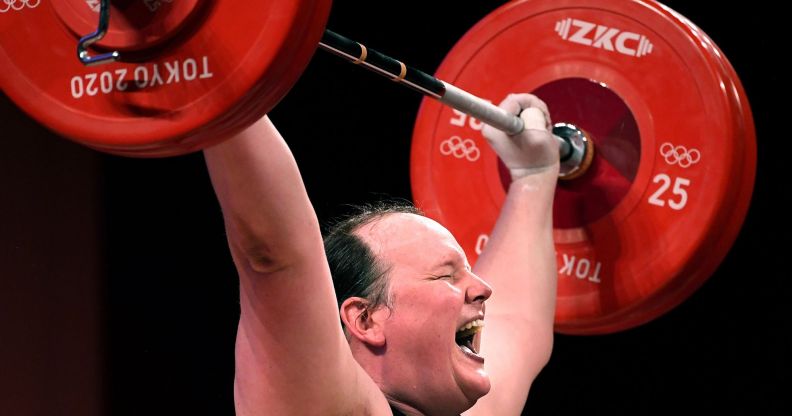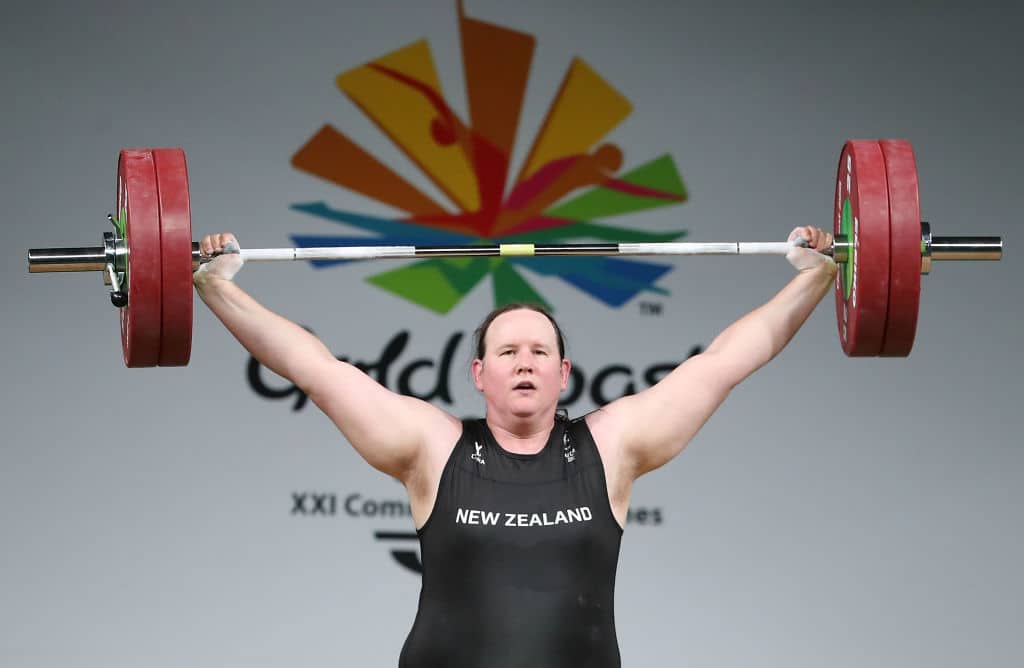New Zealand takes huge step forward with inclusive trans sport policy

New Zealand’s Laurel Hubbard was the first trans athlete to compete in the Olympic Games. (Getty)
New Zealand transgender athletes can compete without having to prove or justify their gender identity, according to new guidance.
Sport New Zealand (SNZ) released the guiding principles on Tuesday (6 December), confirming trans and non-binary people can compete in sporting events without fear of discrimination.
The guidelines do not apply to elite sporting events, which will be decided by individual sporting bodies on a case-by-case basis.
According to a statement from the organisation, the updated principles were created after requests from several national sporting organisations on trans athlete participation.
“We want to help sports organisations because we know playing sport provides many physical and psychological benefits for individuals,” SNZ wrote.
“These include providing the opportunity for people to socialise, build relationships, and engage with their communities.”
It also explained that exclusion from sport can have a particularly harmful effect on mental health and can be “alienating”, especially to a group that already has “lived experience of mental distress”.

The New Zealand sporting body noted that, while it recommended using these or similar guidances, the policy was not “final”, nor was it explicitly enforced.
“The intention is for individual sports to use these to guide the development of specific policies for community sport within their codes,” it continued.
“Some clubs may also use them to help create a more inclusive environment.”
Within the guidance, SNZ touches upon the wellbeing and safety of trans competitors, as well as the right to respect and dignity.
It recommended various protective methods, such as respecting the right to privacy of a trans person’s situation, encouraging feedback, and reporting transphobic incidents.
Additionally, the governing body explained the differences between subtle forms of discrimination – sometimes called ‘microaggressions’ – and overt bigotry.
These include being questioned about paperwork, individuals asking “invasive questions” about their bodies, or being deliberately misgendered.
Trans fearmongering
Invasive fearmongering against trans athletes has become prevalent in sporting competitions.
Several sporting organisations have implemented anti-trans sporting policies that either mitigate the autonomy of trans athletes or ban them outright.
Most notable was the swimming governing body FINA’s decision to effectively ban trans women from elite sporting events by raising the criteria for participating.
Transgender athletes must now have “not experienced male puberty” after the age of 12 or “beyond Tanner Stage 2” in order to compete.
But, as several experts have pointed out, the evidence to suggest that trans women have a physical advantage is not concrete.
Trans swimmer Schuyler Bailar said to PinkNews in July that there isn’t enough evidence because “we’re not allowed to play”.
“Not a lot of us have actually competed at elite level sports because of the amount of discrimination we experience and now, because of FINA’s new rule, we will not be allowed to compete.”

